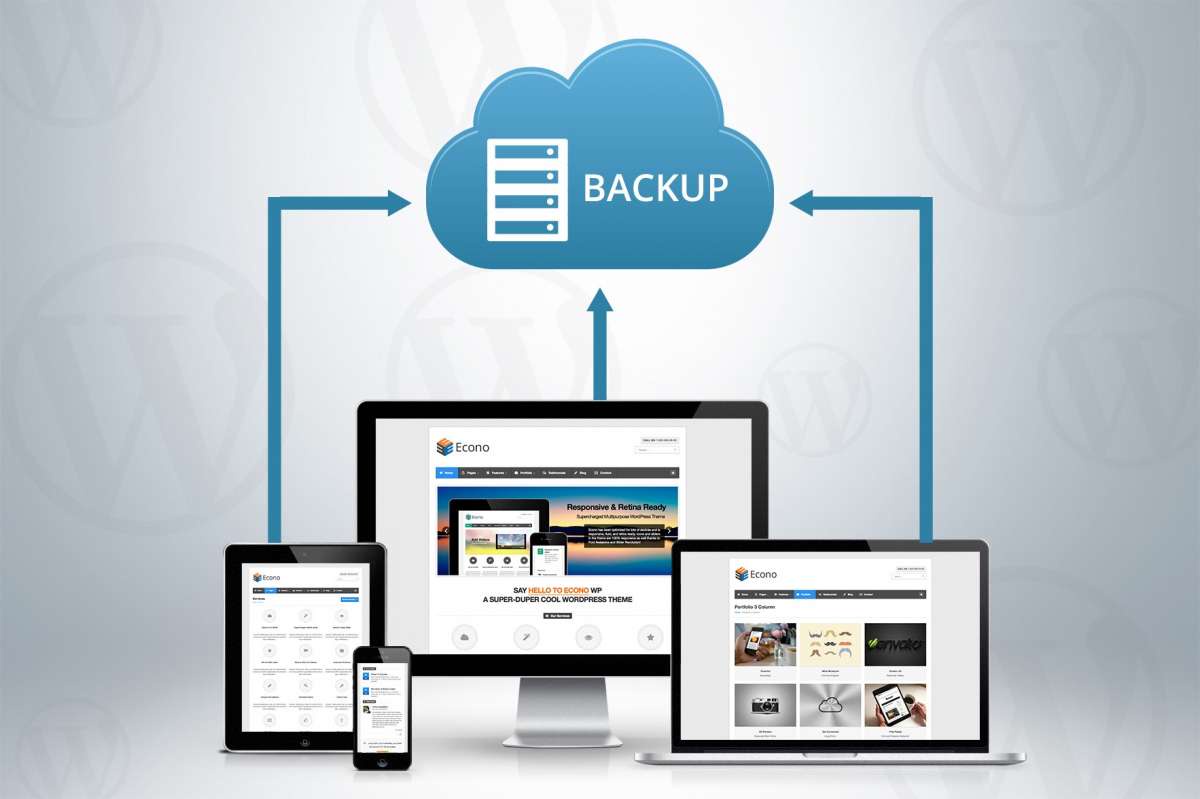In the realm of website management, safeguarding your data is paramount. For WordPress users, ensuring data safety involves regular backups. Imagine investing time, effort, and resources into crafting an exquisite website, only to lose it all due to a technical glitch or cyber-attack. To avoid such nightmares, having a robust backup strategy is non-negotiable. In this guide, we'll delve into the importance of backing up your WordPress website and outline effective methods to do so in Wordpress Course.
Understanding the Importance of Backups
Your WordPress website is a repository of valuable content, user data, and customization efforts. Without proper backups, you risk losing everything in an instant. Here's why backups are indispensable:
- Protection Against Data Loss: Whether it's a server crash, malicious hack, or accidental deletion, data loss can occur unexpectedly. Backups serve as a safety net, allowing you to restore your website to its previous state swiftly.
- Maintaining Business Continuity: For businesses reliant on their online presence, downtime equates to lost revenue and credibility. With backups in place, you can minimize downtime by restoring your website promptly.
- Preserving SEO Efforts: A well-optimized website can take months or even years to establish authority and rankings on search engines. Losing your website means losing these hard-earned SEO gains. Regular backups ensure you don't have to start from scratch.
Choosing the Right Backup Solution
Now that we've established the importance of backups, let's explore the different backup solutions available for WordPress users:
- Manual Backups: This involves manually downloading your WordPress files and exporting your database via phpMyAdmin. While it's free, it's time-consuming and prone to human error.
- Plugin-Based Solutions: Numerous WordPress plugins offer automated backup solutions. Plugins like UpdraftPlus, BackupBuddy, and VaultPress streamline the backup process, allowing you to schedule backups and store them securely on cloud storage services like Google Drive or Dropbox.
- Hosting Provider Backups: Many hosting providers offer automated backup services as part of their hosting packages. While convenient, it's essential to verify the frequency of backups and whether they include both files and databases.
Implementing a Backup Strategy
Now that you understand the importance of backups and the available solutions, it's time to implement a robust backup strategy for your WordPress website:
- Schedule Regular Backups: Set up automated backups to run daily or weekly, depending on the frequency of updates and changes to your website.
- Store Backups Offsite: Don't rely solely on backups stored on your server. Utilize cloud storage or external servers to store backups securely offsite.
- Test Your Backups: Regularly test your backups to ensure they're functioning correctly. There's nothing worse than assuming you're protected only to discover your backups are corrupted or incomplete when you need them most.
- Keep Multiple Copies: Maintain multiple backup copies to ensure redundancy. This minimizes the risk of losing all your backups due to a single point of failure.
Advanced WordPress Course: Elevating Your Backup Strategy
For those looking to delve deeper into WordPress website management, consider enrolling in an advanced WordPress course. These courses offer in-depth knowledge and advanced techniques to optimize your website's performance, security, and efficiency.
- Optimizing Backup Processes: Learn advanced backup strategies, such as differential backups and incremental backups, to minimize storage space and enhance efficiency.
- Security Best Practices: Understand the intricacies of WordPress security, including malware detection, intrusion prevention, and secure backup storage.
- Disaster Recovery Planning: Explore comprehensive disaster recovery planning to mitigate the impact of catastrophic events on your website.
- Automation and Scripting: Master automation tools and scripting languages to automate backup processes and streamline website management tasks.
Conclusion
In a digital landscape fraught with threats and uncertainties, backing up your WordPress website is not just a precaution; it's a necessity. By implementing a robust backup strategy and staying informed about advanced WordPress techniques, you can safeguard your website against unforeseen disasters and ensure uninterrupted online presence. Remember, when it comes to data safety, prevention is always better than cure. Start backing up your WordPress website today, and enjoy peace of mind knowing your valuable data is secure.


No comments yet